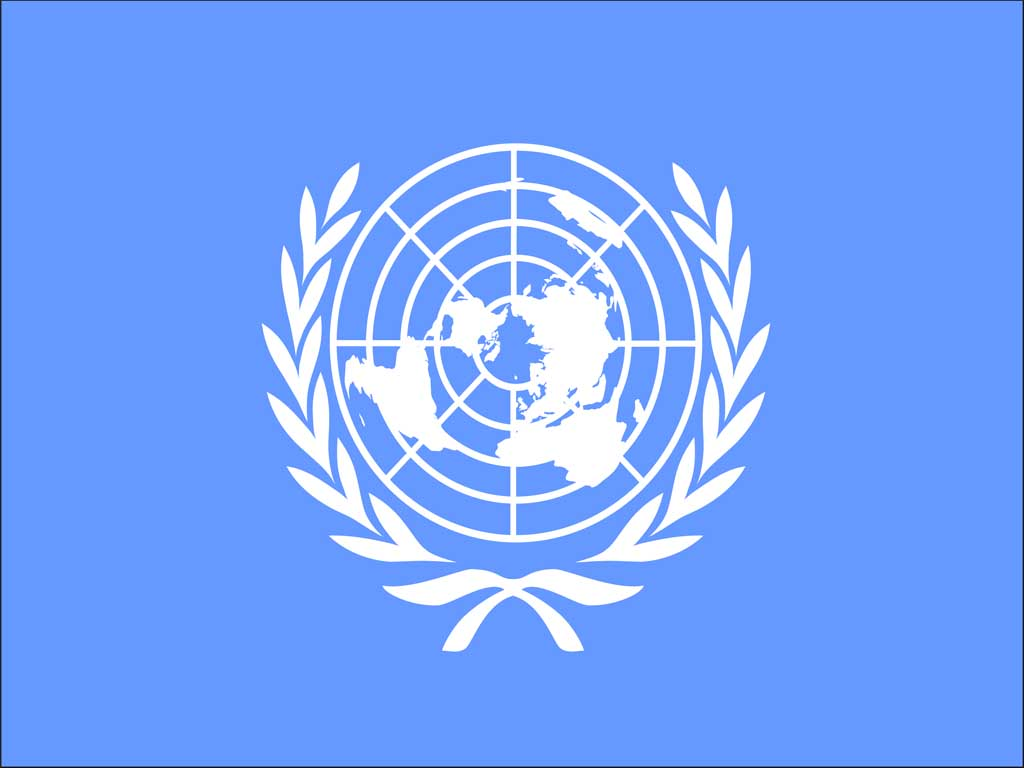Two organs of the United Nations (UN) have denounced an ultimatum issued
by members of the Arewa Youth Consultative Forum for demanding that Igbo
resident in all parts of northern Nigeria vacate the area by October 1,
2017. The two UN bodies also condemned death threats targeting members of
Nigeria’s Igbo ethnicity.
On June 6, 2017, the Arewa Youth Consultative Forum issued the ultimatum
at a press conference in Kaduna, capital of Kaduna State. Despite calls by
Governor Nasir el-Rufai of Kaduna for the arrest of those who issued the
ultimatum, the police and other security agencies declined to act.
Last week, the Arewa Youth Forum formally withdrew the ultimatum, with
some of its members citing pressure from President Muhammadu Buhari for
their soft-pedaling.
However, in a statement released in Geneva, Switzerland on August 25,
2017, the office of the UN Human Rights described the ultimatum to the
Igbo to flee the north as a matter of “grave concern.”
The UN experts who issued the report on the plight of the Igbo also voiced
concerns over an anti-Igbo hate song and audio message that had gone viral
on social media. The hateful message, which is spoken in Hausa, encourages
northerners to destroy Igbo property in the north and kill Igbo who fail
to leave by October 1. The UN experts said they were “gravely concerned
about this proliferation of hate messages and incitement to violence
against the Igbo and their property, especially considering the previous
history of such violence.”
The experts urged the Nigerian government to “be vigilant, as hate speech
and incitement can endanger social cohesion and threaten peace by
deepening the existing tensions between Nigeria’s ethnic communities.”
After noting that some local and national officials, as well as media
reps, had condemned the ultimatum, the UN experts said they were worried
by some officials’ silence. “We are deeply concerned that some prominent
local leaders and elders have not condemned the ultimatum, hate speech,
and the perpetrators,” said the UN statement. It added: “We call on the
Government, media and civil society representatives, and local and
religious leaders, to reject and condemn hate speech and incitement to
violence unequivocally and in the strongest possible terms.”
The UN also demanded an official investigation of those behind the
incitement to violence in order to unmask the perpetrators for prosecution
and punishment. According to the UN, those to be identified must include
“the people behind the ultimatum and those responsible for the creation,
publication, and circulation of the hate song and audio message.”
The UN experts who authored the statement included Mr. Mutuma Ruteere,
Special Rapporteur on contemporary forms of racism, racial discrimination,
xenophobia and related intolerance, Mr. Fernand de Varennes, Special
Rapporteur on minority issues, and Ms. Anastasia Crickley, Chairperson of
the Committee on the Elimination of Racial Discrimination.
Following the UN experts’ report, the Committee on the Elimination of
Racial Discrimination held its 93rd session between July 31 and August 25,
2017. Acting under its “Early Warning and Urgent Action Procedure,” the
Committee said it was deeply concerned “by the rise of racist hate speech
and incitement to violence against the Igbo people, including through the
recording and wide distribution of a song and audio message in Hausa
language which describe the Igbos in hateful and derogatory terms.” It
added that the Committee was “Alarmed by the public ultimatum issued by a
number of northern youth groups, forums, and coalitions on 6 June 2017
calling all Igbos in northern Nigeria to leave their homes by 1 October
2017,” noting that the ultimatum “may have been recently withdrawn.”
The Committee decried “reports that other local elders and leaders have
endorsed the ultimatum and expressed their support for such racist hate
speech targeting and threatening the Igbos,” adding that it was “deeply
worried by the information that some Igbo families have already started
moving out from their villages and homes in northern Nigeria to avoid any
possible harm to their personal integrity.”
The UN body drew attention to Nigeria’s membership of the Economic
Community of West African States (ECOWAS) and of the African Union as well
as a State party to the African Charter on Human and Peoples’ Rights. It
stated that Nigeria must “increase its efforts in systematically rejecting
and condemning, including by high-level and local public officials and
leaders, any form of racist hate speech, incitement to hatred and
violence, and the dissemination of ideas of ethnic superiority.”
The UN body recommended that Nigeria “take immediate action to stop and
prevent the continued circulation and dissemination of the hateful song
and audio message mentioned above,” and “to exercise due diligence to
halt, prevent and investigate acts of racist hate speech and incitement to
hatred and violence against the Igbo people, in accordance with
international human rights standards, with a view to bringing perpetrators
to justice, punishing them adequately if convicted, and compensating
victims.”
The UN Committee urged Nigeria to “ensure the protection of all its
citizens from ethnic hatred, and take effective measures to ensure that
Igbo people can fully exercise their rights stipulated in the Convention,
including the right to security of person and protection against violence
or bodily harm, the right to freedom of movement and residence, and the
right to own property.”
It finally called on “all local and national authorities in Nigeria to
promptly and firmly address the underlying causes of the ethnic tensions
in Nigeria, with a view to avoiding repeated ethnic-based violence, and to
promote intercultural dialogue between different ethnic groups based on
diversity, respect, and inclusiveness.”
According to the Committee, the United Nations High Commissioner for Human
Rights had been mandated “to draw the attention of the Economic Community
of West African States (ECOWAS) and the African Union to the human rights
situation of the Igbo in northern Nigeria.”



